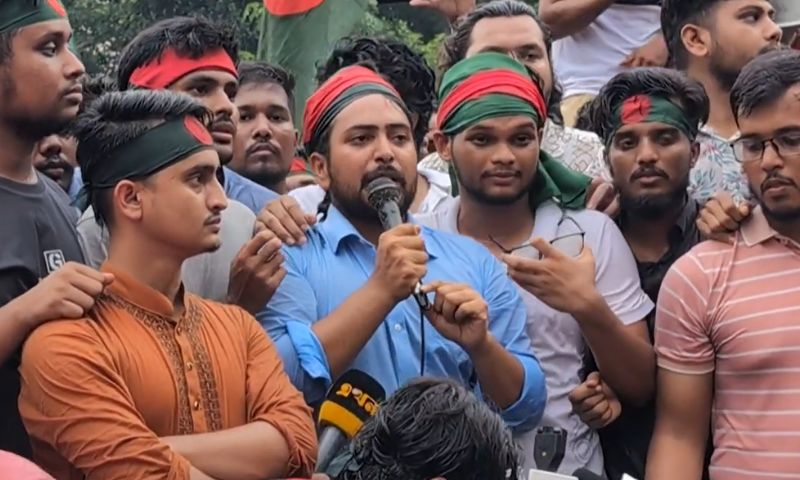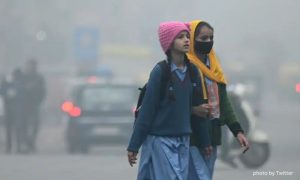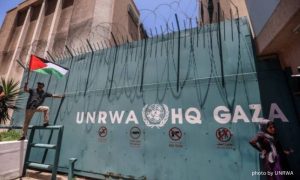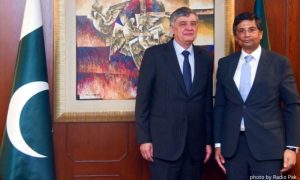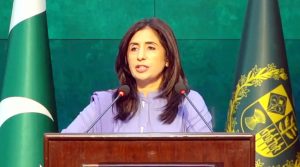DHAKA, Bangladesh: Thousands of protesters clashed with pro-government supporters in Bangladesh on Sunday, resulting in the deaths of eight individuals as mass rallies and violence spread across the nation.
The unrest, fueled by demands for Prime Minister Sheikh Hasina’s resignation, saw significant turmoil in Dhaka’s central Shahbagh Square and other key cities.
In Dhaka’s Munshiganj district, two young men were killed amid the clashes, with one suffering from head injuries and the other from gunshot wounds. The violence also led to the torching of cars and motorcycles outside a hospital, transforming the city into a battleground, according to a police official.
Additional fatalities were reported in the northern districts of Pabna and Rangpur, as well as in Magura in the west, bringing the total death toll to eight. The nationwide civil disobedience campaign, led by figures like Asif Mahmud, has seen protesters arming themselves with bamboo sticks and calling for the liberation of Bangladesh.
The army’s involvement has been a point of contention, with some former military officers joining the student movement. Ex-army chief General Ikbal Karim Bhuiyan signaled his support by changing his Facebook profile picture to red. However, the current army chief, Waker-uz-Zaman, emphasized the army’s role as a symbol of trust for the people, without explicitly backing the protests.
The recent protests are a continuation of the unrest that began in July over civil service job quotas, which led to over 200 deaths. While the army briefly restored order, the movement has since evolved into a broader anti-government campaign, uniting people from various segments of Bangladeshi society, including film stars, musicians, and other public figures.
Saturday saw hundreds of thousands of protesters marching in Dhaka, with police largely remaining passive. The movement, initially sparked by job quotas, has grown to encompass wider grievances against the government. Protesters are demanding the ability for future generations to live freely in the country.
The economically vital garment sector, represented by 47 manufacturers, expressed solidarity with the protesters, condemning the loss of innocent lives and unaddressed demands. Meanwhile, Obaidul Quader, general secretary of Hasina’s ruling Awami League, called for nationwide support for the government.
Students Against Discrimination, the group that initiated the demonstrations, has urged for peaceful rallies but also warned supporters to be prepared for potential attacks. Protests have blocked transport routes into Dhaka, with calls for a nationwide tax and utility bill boycott, as well as strikes by government workers and laborers.
Prime Minister Hasina, who has ruled since 2009 and won a fourth consecutive term in January, faces accusations from rights groups of using state institutions to maintain power and suppress dissent. The protests initially focused on the reintroduction of a quota scheme for government jobs, which has since been scaled back by the country’s top court. However, the movement has since grown into a powerful expression of widespread discontent with her administration.









